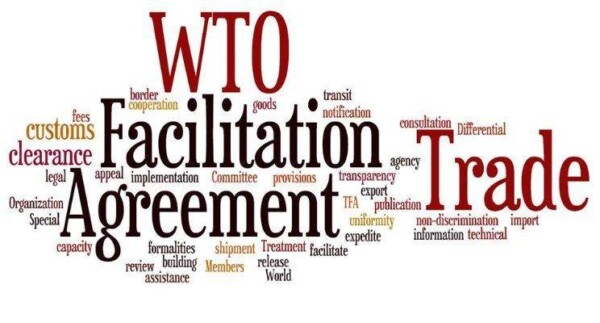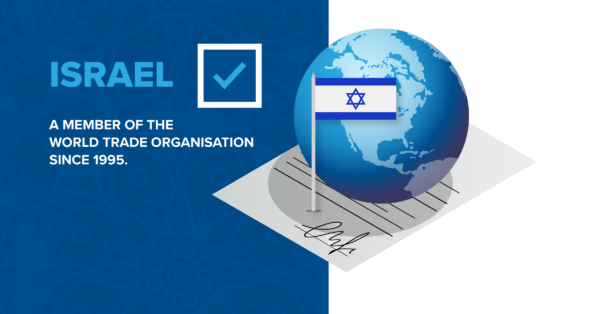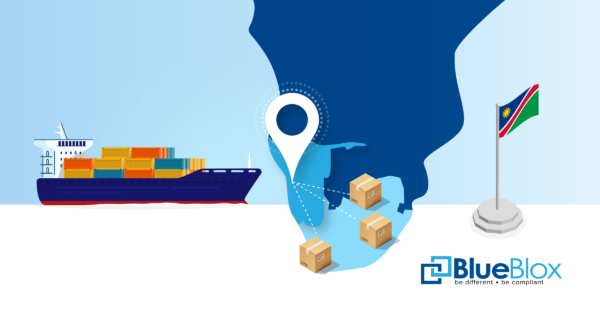
The Trade Facilitation Agreement:
What does it mean today, for tomorrow’s shipment?
No matter what else is happening in the world, businesses rely on efficient access to imported raw materials, intermediate goods, and capital goods.
Trade facilitation has important implications for a country’s export competitiveness, to the extent that ‘fluid borders’ and improved trade logistics have the potential to yield major competitive advantage.
The need for an agreement
But global value chains are fragmented, requiring goods to cross borders several times during the production stage and to comply with customs procedures and other border administration measures each time.
As a result, businesses have expressed rising concern about burdensome or preventable trade transaction costs and have called for greater openness, effectiveness and procedural standardisation in customs procedures.
And the World Trade Organization (WTO), among others, has responded.
The Trade Facilitation Agreement (TFA) was the first agreement concluded at the WTO by all of its members, entered into force on 22 February 2017.
The goals of the agreement
What’s the purpose of the TFA? Primarily, to alleviate the vast quantity of ‘red tape’ that exists in moving goods across borders, which presents a significant burden to businesses of all sizes, especially small- and medium-sized ones.
Additionally, the agreement intends to improve transparency, increase possibilities to participate in global value chains, and reduce corruption.
It contains provisions for expediting the movement, release and clearance of goods, including goods in transit, as well as provisions for technical assistance and capacity building. It also defines how customs and other authorities can cooperate on trade facilitation and customs compliance.
Trade facilitation, however, goes beyond the scope of the TFA, because it encompasses all other activities related to the optimisation of cross-border management and improvement of national supply chains. These include:
- Developing logistics infrastructure
- Providing financing facilities to exporting businesses
- Enhancing private sector ability to comply with cross-border requirements
- Handling international commercial contracts
- Providing efficient logistics services to reinforce countries’ connectivity to global value chains
- The partners in the agreement
Both the World Customs Organization (WCO) and the International Trade Center (ITC) are on board, to help to reduce direct and indirect trade transaction costs.
The latter, in particular, strives to increase the competitiveness of the private sector, especially SMEs, by reducing procedural complexity and minimising transaction costs, while maintaining efficient levels of government control.
The measurement of implementation
And then there is the TFA Database, a tool to track and analyse WTO members’ commitments under the Trade Facilitation Agreement.
So, important work is being done. Without question. This is a tremendous victory for inter-governmental trade relations. The foundations are there. But, we at BlueBlox still have questions, including the following three:
- The TFA has a key role to play in helping developing and least developed countries to reduce their trade costs. But there are concerns in these countries about whether they have the resources and expertise to implement many of the rules and procedures, for which they will need technical and financial assistance from the international community.
- What does the TFA mean today, for tomorrow’s shipment? Based on the timelines indicated in the TFA Database (which you can view here), some of the anticipated measures have deadlines that are 10-20 years in the future, including those that were signed 20-plus years ago. Will only our grandchildren benefit from what we and our fathers have agreed?
- The WTO and WCO focus on creating alignment between governments, which we at BlueBlox applaud wholeheartedly. The ITC focuses on business; specifically, SMEs. But who supports the large manufacturing companies, the MNOs, that so badly need the TFA to be operational?
Do you have thoughts, a comment or an idea? Get in touch with BlueBlox.





